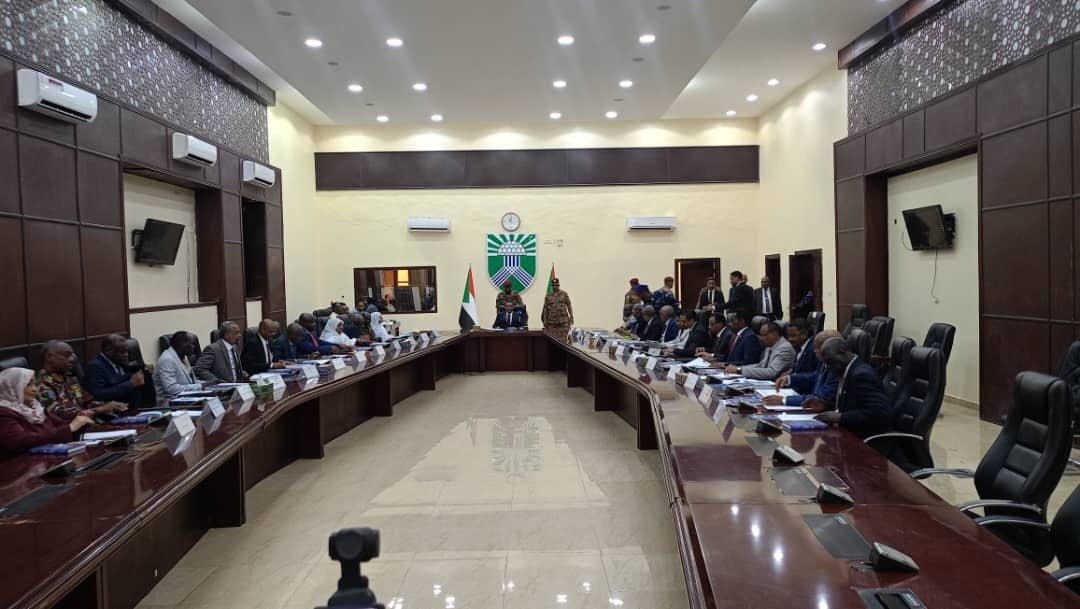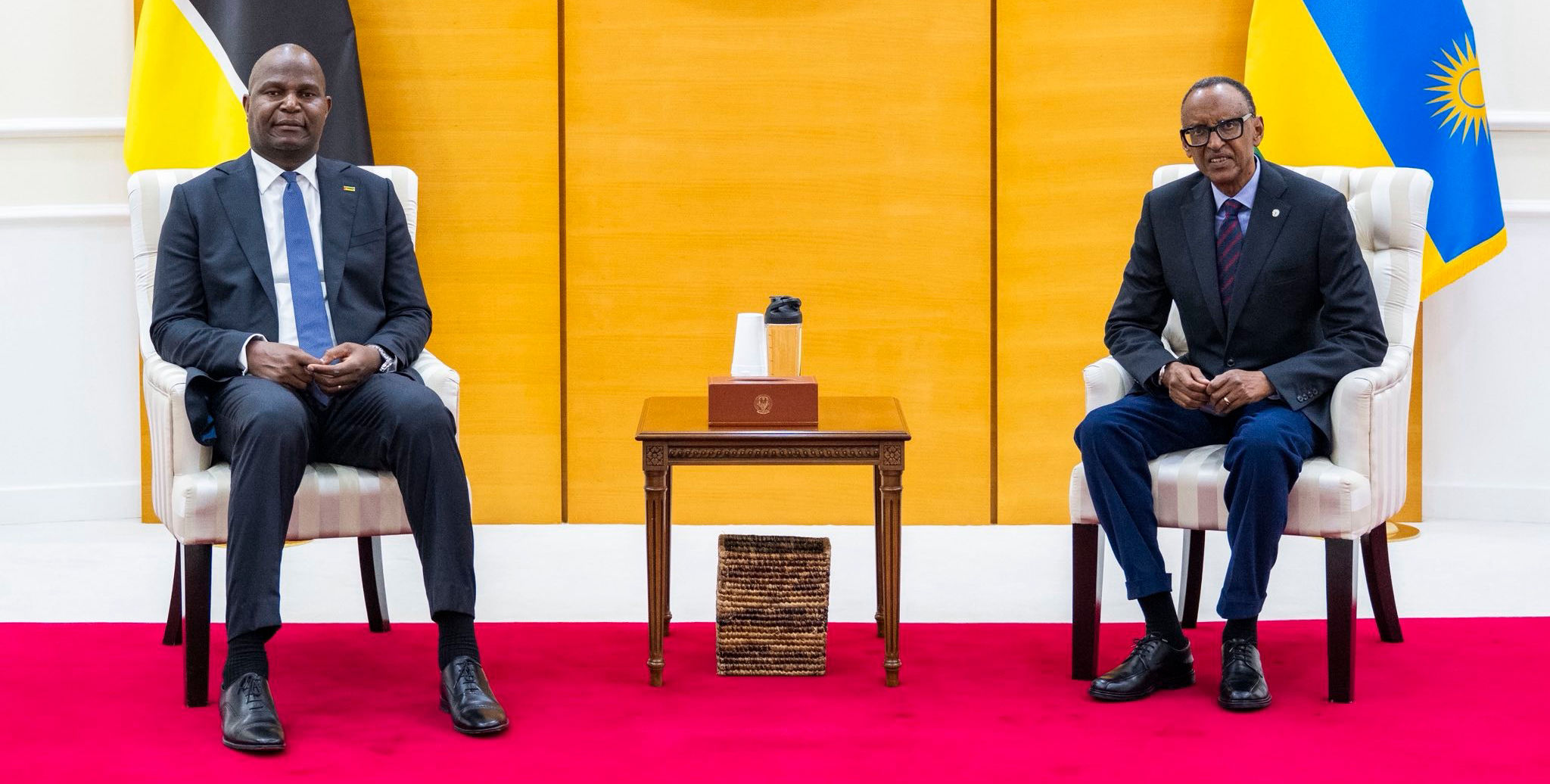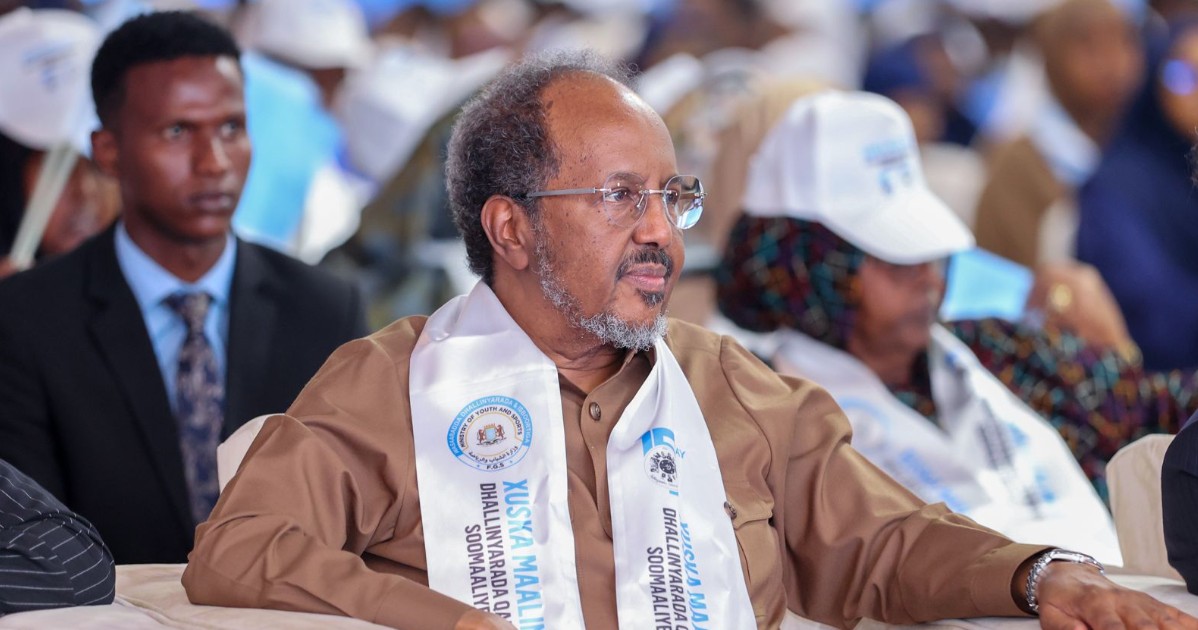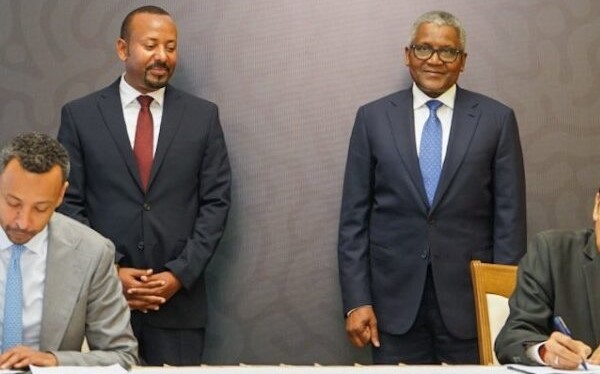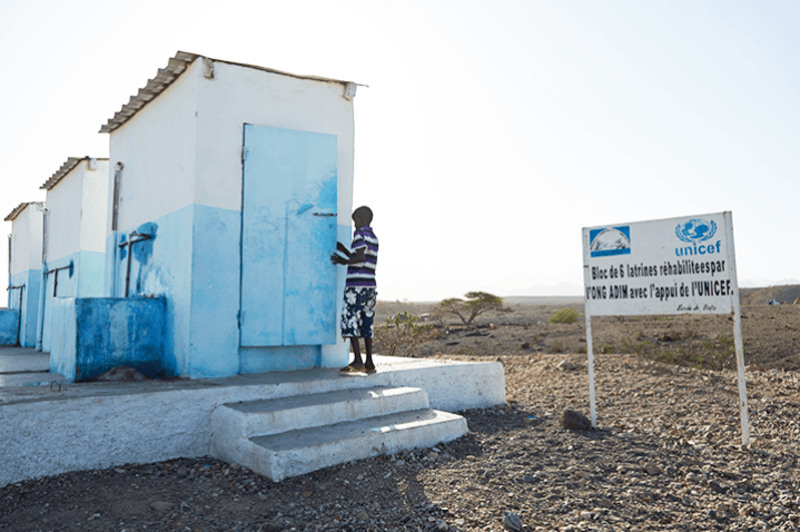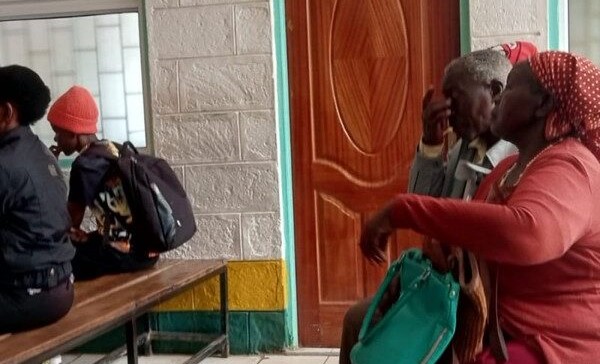Amnesty urges Saudi Arabia to scrap kafala system trapping Kenyan domestic workers in abuse

According to Amnesty, the system leaves migrant domestic workers particularly vulnerable, as they are excluded from Saudi Arabia's labour protection laws.
Human rights body Amnesty International has urged Saudi Arabia to abolish the kafala (sponsorship) system, which it says continues to trap thousands of Kenyan migrant domestic workers in abusive and exploitative conditions abroad.
In a recent report titled "Locked In, Left Out: The Hidden Lives of Kenyan Domestic Workers in Saudi Arabia”, Amnesty International warned that the system facilitates modern-day slavery and systematically violates the rights of migrant workers.
More To Read
- Amnesty backs Irungu Houghton's appointment to protest victims’ compensation panel
- 5,000 Kenyan Muslims to take part in 2026 Hajj pilgrimage
- Amnesty accuses Israel of intentionally starving Gaza population
- Maina Kiai appointed chairperson of KHRC board of directors
- Sudan’s rebel force has declared a parallel government: What this means for the war
- Stephen Munyakho recounts how he narrowly escaped execution in Saudi Arabia
The kafala system legally binds migrant workers to their employers, who act as their "sponsors", restricting the workers' ability to leave the country or change jobs without the employer's permission.
According to Amnesty, the system leaves migrant domestic workers particularly vulnerable, as they are excluded from Saudi Arabia's labour protection laws.
"The system effectively grants enormous power to employers and leaves migrant workers acutely at risk of abuse, exploitation and discrimination," the report reads.
"It essentially absolves the government from exercising its proper role in regulating employment and ensuring the protection of migrant workers, while creating a deeply imbalanced relationship between workers and employers."
Although the Saudi government introduced a Labour Reform Initiative (LRI) in 2021 aimed at reducing some of the exploitative elements of the kafala system, the Amnesty report notes that the reforms excluded domestic workers. This is despite the fact that around 75 per cent of all foreign women workers in the Gulf state are employed as domestic workers.
"Alongside the LRI, the government introduced a series of changes specific to domestic workers that relate to three core elements of the wider kafala system: the exit permit requirement, restrictions on changing jobs, and the charge of 'absconding'," the report reads.
While the LRI allowed most migrant workers to request their own exit permits in 2021, domestic workers were left out. A separate amendment in June 2022 allowed the workers to leave the country "indefinitely at the end of the contractual relationship", without clarifying their rights in instances of ongoing abuse.
Job transfers
The report also notes that the introduction of additional requirements by the Saudi government in 2024 has further complicated job transfers in the Gulf state.
Domestic workers now depend on employers to renew residency permits and register contracts, effectively giving employers the power to block workers from changing jobs, even when abuse is present.
"These changes, however, brought only minimal improvement to the realities faced by migrant domestic workers, and in all cases were more restrictive than the changes introduced for other foreign workers through the LRI," Amnesty says.
The Amnesty report includes testimonies from Kenyan women who experienced abuse in Saudi households. Some reported physical violence, wage theft, sexual harassment and being denied food and medical care.
Kenya's Labour Ministry has previously stated that nearly 90 per cent of complaints from Kenyan migrant workers in the Gulf concern domestic workers in Saudi Arabia.
Top Stories Today
